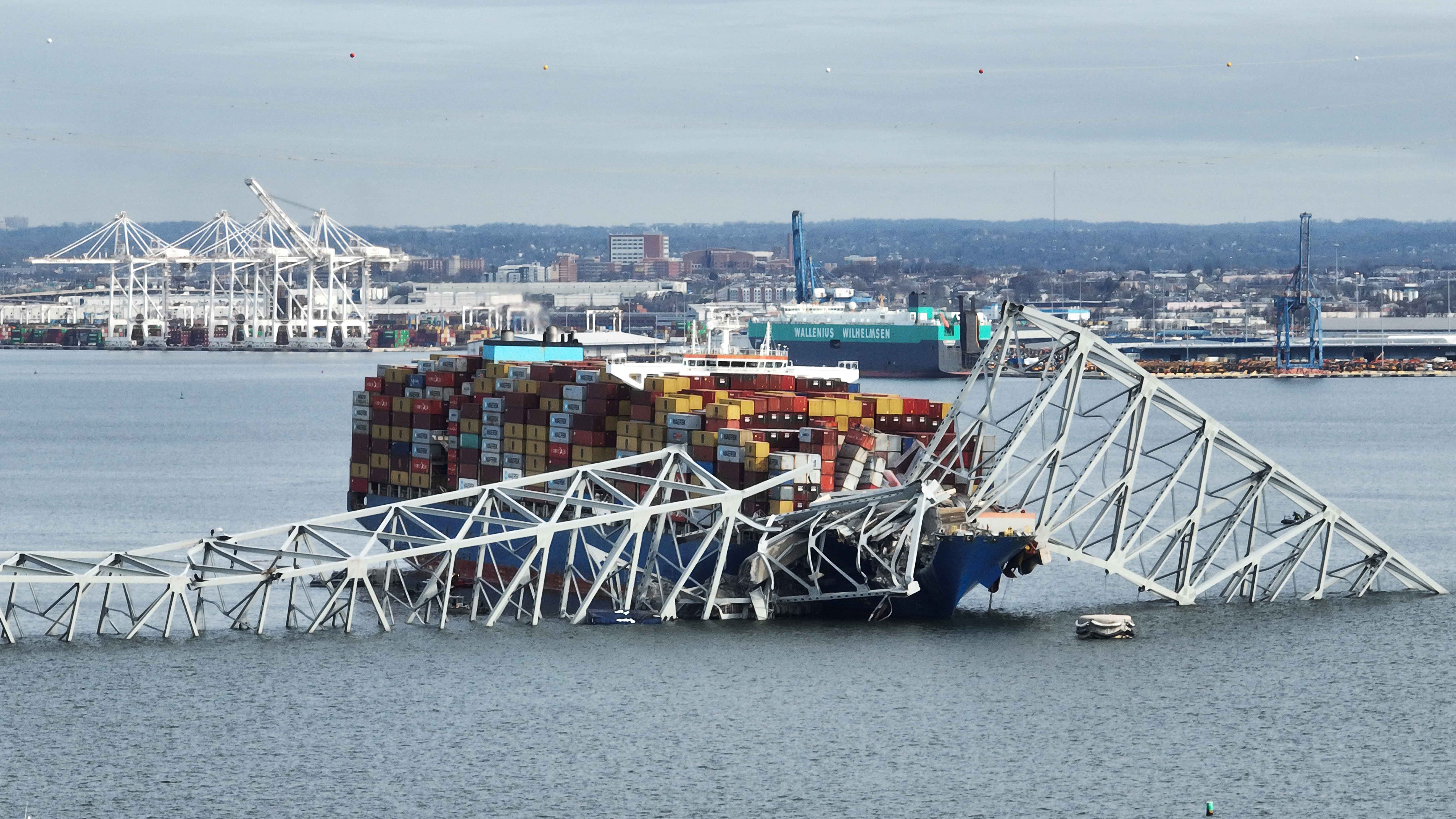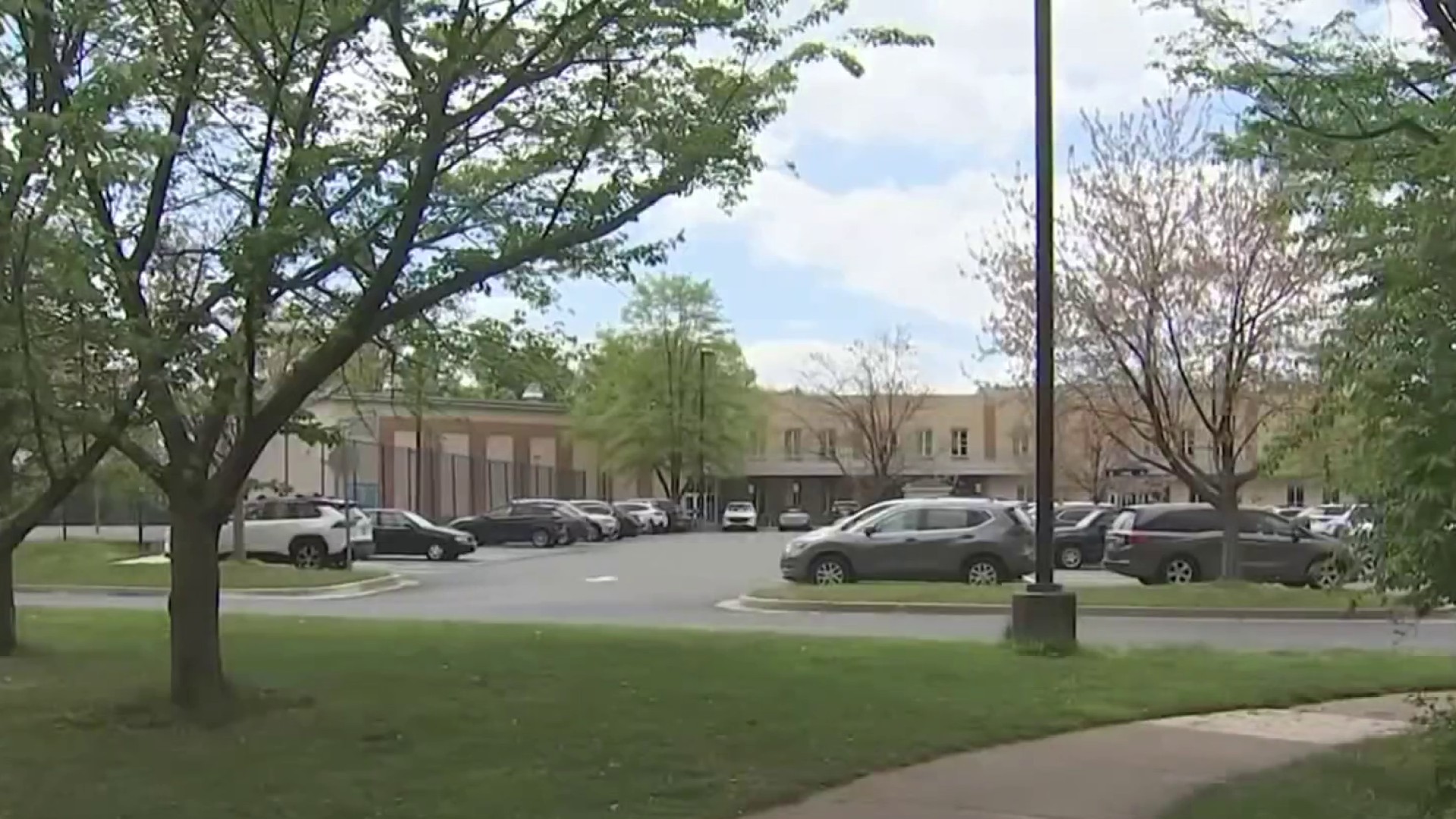The conflict between direct democracy and the need to protect the rights of minorities took center stage Tuesday as the D.C. Court of Appeals heard arguments over an effort to put a same-sex marriage ban before the city's voters.
In a rare step indicating the importance of the issue, the full nine-judge court heard the case without having it go to a three-judge panel first. From there, the only possible appeal would be to the U.S. Supreme Court.
The case was appealed after a D.C. Superior Court judge threw out a lawsuit by a Maryland pastor who wanted to put a measure on the D.C. ballot to define marriage as between a man and a woman. Bishop Harry Jackson had sued after the Board of Elections and Ethics refused to approve the ballot initiative, saying it would violate the city's Human Rights Act. In January, the judge said the city was right.
Jackson began his efforts after the D.C. Council passed legislation recognizing same-sex marriages performed elsewhere. Later, the council passed a law allowing such marriages to be performed in the city.
Since gay marriage became legal in Washington, marriage license applications have jumped almost fourfold. D.C. courts spokeswoman Leah Gurowitz said a total of 1,917 couples have applied for licenses since March 3, though the court doesn't track how many of those are same-sex couples.
The courtroom was packed Tuesday with activists on both sides of the issue. The judges spent an hour and a half questioning the lawyers.
The city's law on ballot initiatives specifically prohibits bringing measures that would violate the Human Rights Act. However, attorney Austin R. Nimocks of the Alliance Defense Fund, which represents Jackson and other gay marriage opponents, said that limitation goes against the city's charter.
Local
Washington, D.C., Maryland and Virginia local news, events and information
The charter _ which, like a constitution, holds more weight than a regular law -- said voters can use ballot initiatives to propose laws, with the exception of laws appropriating money. Nimocks argued that any other kind of law is fair game for a referendum.
"Whatever the council can do, the people can do," he told the judges.
Some of the judges, however, questioned why the council couldn't impose other limitations, particularly since the same council that amended the charter to create the ballot initiative right also wrote the 1979 law that limited its use.
D.C. Solicitor General Todd S. Kim, defended the law and argued that the charter doesn't guarantee the right of initiative for specific questions.
"The council understood that unchecked authoritarian impulses can trample individual rights," he said.



